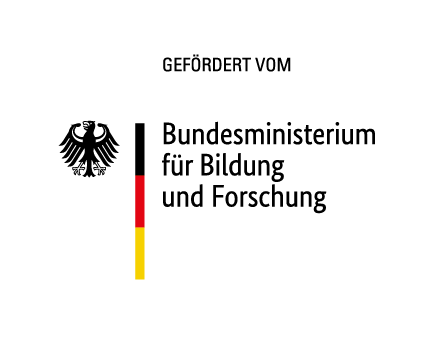
MARI (Mobile AR-Assistenz in Industrial): Augmented Reality Assistive Systems for Mobile Industrial Application Scenarios
Motivation
The world of work is in a state of upheaval: the digitalization of in- dustry means that simple tasks are no longer necessary, as they are increasingly performed by machines. The remaining activities are be- coming more and more complex. Added to this are the influences of the shortage of skilled workers and demographic change. People must be empowered to keep pace with the growing demands. Augmented Reality (AR) offers an approach to deal with this challenges. AR technologies and concepts have gained traction in recent years; with AR the real world is superimposed with digital objects, e.g. by the use of projections or AR glasses.
Project Goal
The MARI project investigates how intelligent systems could support people in mastering complex production processes. In particular, the question arises how a portable, intelligent, and modular assistive system can be used for a wide range of activities within small and medium- sized enterprises (SMEs). In addition to the identification of use cases and prototypical implementations of the system, the focus of the project is on the evaluation of the system for various activities in order to gain insights into the interaction between humans and industrial assistance systems.
Reserch Activities
Within the project, different prototypes are developed and evaluated in the context of a human-centred design process. The implemented systems can support mobile and stationary assembly activities by providing various types of information. In the course of the evaluation, among other things, the extent to which projection-based assistance systems are suitable for training new employees was investigated. In cooperation with the Clausthal University of Technology, a study was conducted with a total of 33 participants, in which it was observed how the participants learned the assembly process over several days with the help of an AR assistance system. Although no advantages were found with regard to the trainingtime,thestudyshowedthat systematic incorrect learning of work steps could be avoided consistently when training with an AR assistance system, since the system’s hand tracking directly detects potential errors and draws the employee’s attention to them. Further activities within the project relate to technical issues, such as the realization of different portable versions of the system or the integration of machine learning methods into the systems for state detection for quality assurance measures.


